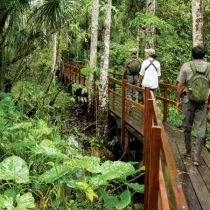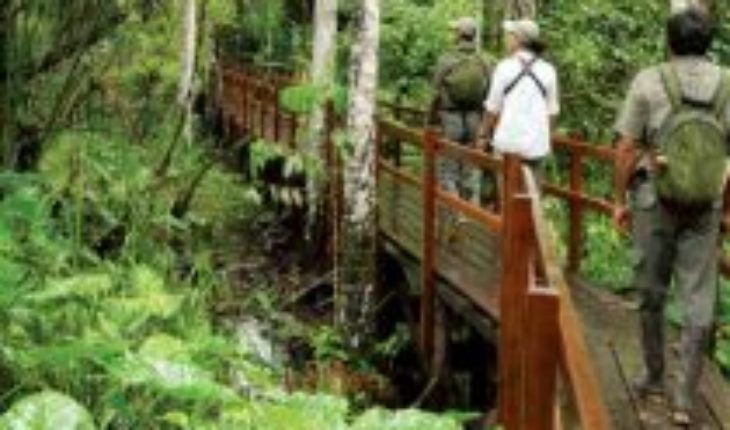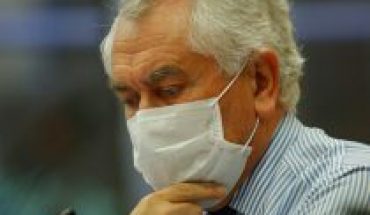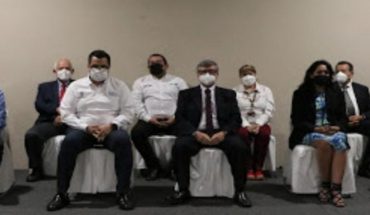
Tourism is a true development locomotive. It is an industry that is helping to improve the lives of millions of people and transform entire communities. Travel has been transformed into a lifestyle and this is reflected in the 2019 being the tenth consecutive year of growth. Before the health crisis, growth of 4% was expected again, according to the World Tourism Organization.
The industry is made up of 87% micro and small businesses and is one of the sectors with the highest percentage of women employed and entrepreneurs. It is tremendously human, where its protagonists are the main protectors of the environment and of preserving its territories. It is the industry of the present and promises to be one of the leading economies of our country.
Today, this virtuous industry is the sector most affected by this unprecedented health crisis. For the first time, we have had to face the difficult task of making a call to tourists not to visit us, which is unthinkable. We see empty beds, deserted beaches, streets without artisans and many ventures that promised success, about to go bankrupting. This 2020 is projected to fall by 41.4% in receptive tourism and 30.5% in domestic tourism compared to 2019, which was already a deficit year due to the social crisis, according to data from the Undersecretariat of Tourism.
However, the behaviour that the tourism sector is having in the midst of the crisis reaffirms its resilience by seeing the proactive attitude of entrepreneurs. Improvements are being made in planning, marketing and financial practices in the operation of tourist services to combat time without operation. The industry comes together to generate promotion plans together, new guilds are born, collaborative projects are created, digital transformation is accelerated. All this gives lights from a restructuring to a more agile, competitive and consient system. And it again puts tourism as an industry that projects a faster recovery than other sectors of the economy, as was shown by the Asian Crisis 1998 and the Maldives Crisis, Costa Rica and Tanzania of 2009.
But the most decisive thing to reflect the role that tourism plays in reviving after crises is to understand how and how quickly tourism operates in the revival of territories. It distributes the expense that tourists make in a wide value chain due to the cross-cutting connections it maintains with different sectors. It contributes to the increase in income in multisectoral local communities, such as agriculture, the creative industries, transport, trade, entertainment service, among many others. This is one of the main reasons why tourism has shown itself in history and will also be a key agent in the current crisis to re-nurture our territories, and to contribute vigorously to recovering our country’s economy.
The content poured into this opinion column is the sole responsibility of its author, and does not necessarily reflect the editorial line or position of El Mostrador.





